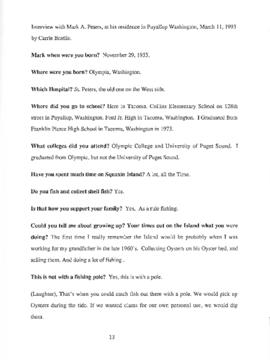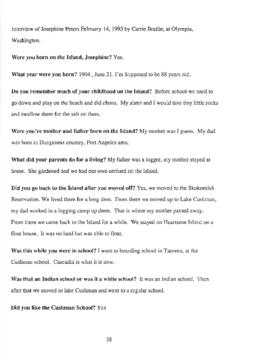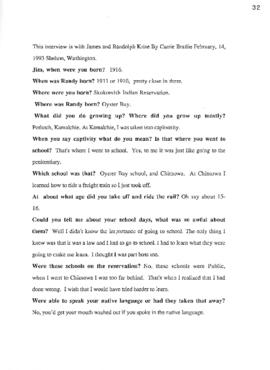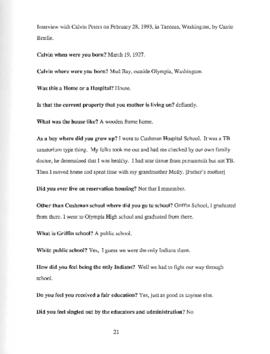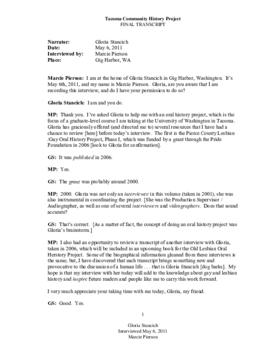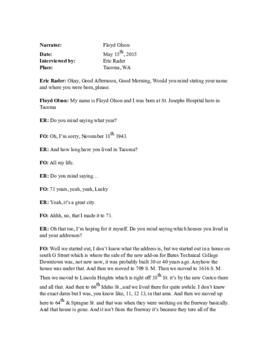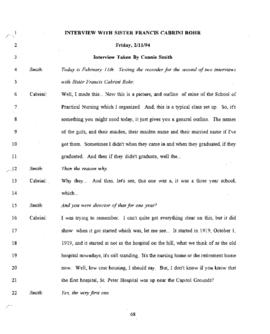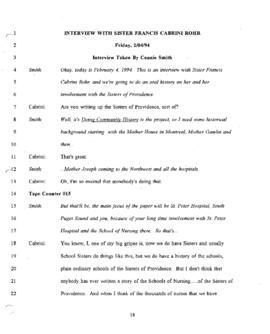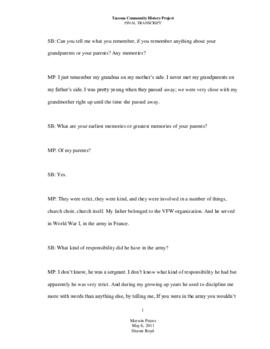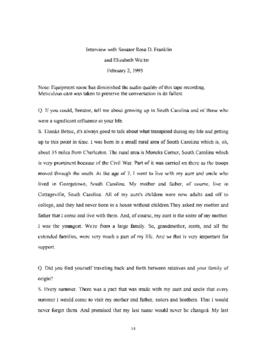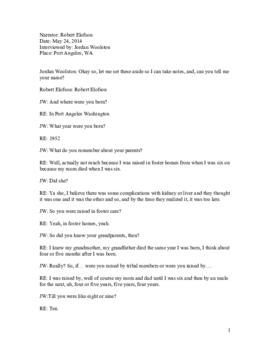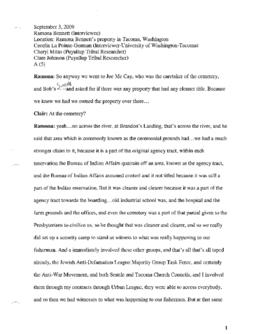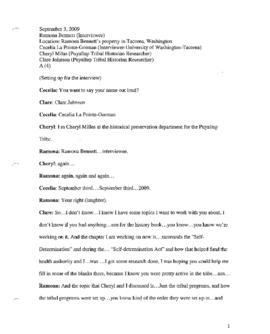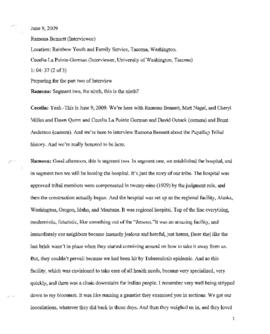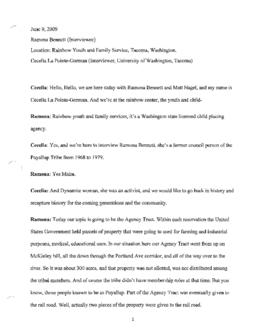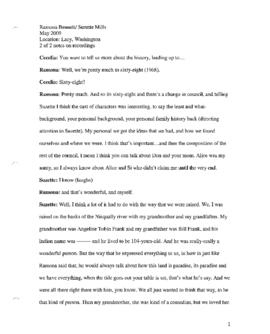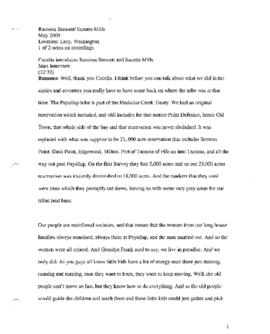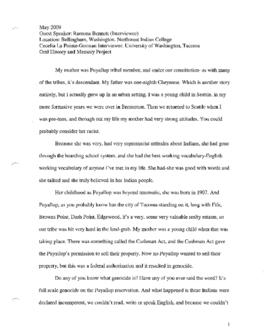St. Leo the Great Parish - Tacoma, Washington
- File
- 1992
Oral history interviews with Patricia Ditter, David Algers, Bill Bichsel, Doris Barkley, and Barbara Thomashofski by Cynthia A. Thomas conducted February-March 1992. Community members and church leaders reflect on the history and legacy of St. Leo Church, a Jesuit parish located in Tacomas Hilltop neighborhood. Long-time parishioners Patricia Ditter and Barbara Thomashofski and former parishioner Doris Barkley discuss the churchs growing pains in the wake of Vatican II and the subsequent emergence of its social justice ministry. Reverend David Alger, director of Associated Ministries, describes some of St. Leos numerous out-reach programs and shares his thoughts on its position as a spiritual anchor within the community. Lastly, Father Bill Bichsel, a former associate pastor at St. Leos and a well-known social activist, discusses his commitment to social justice and his involvement with several church-related projects, such as the Martin Luther King Center.
